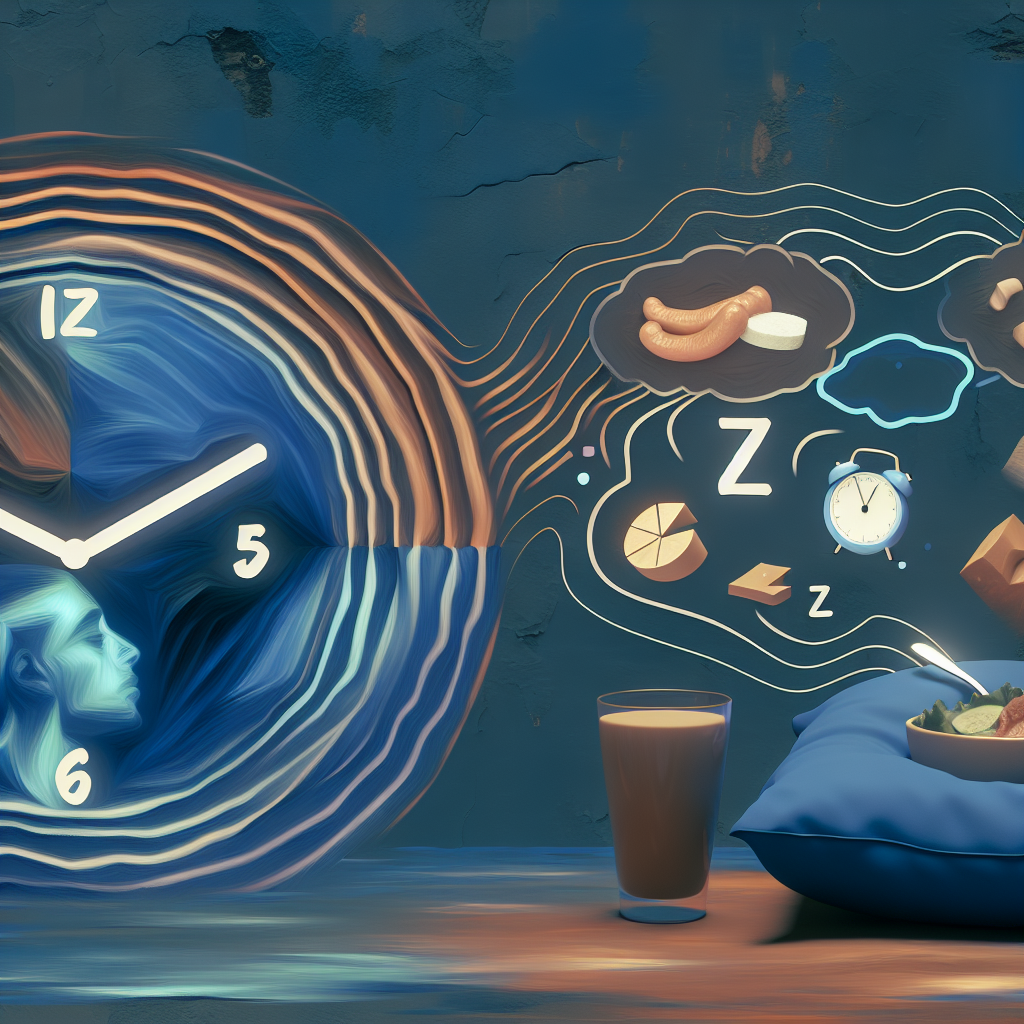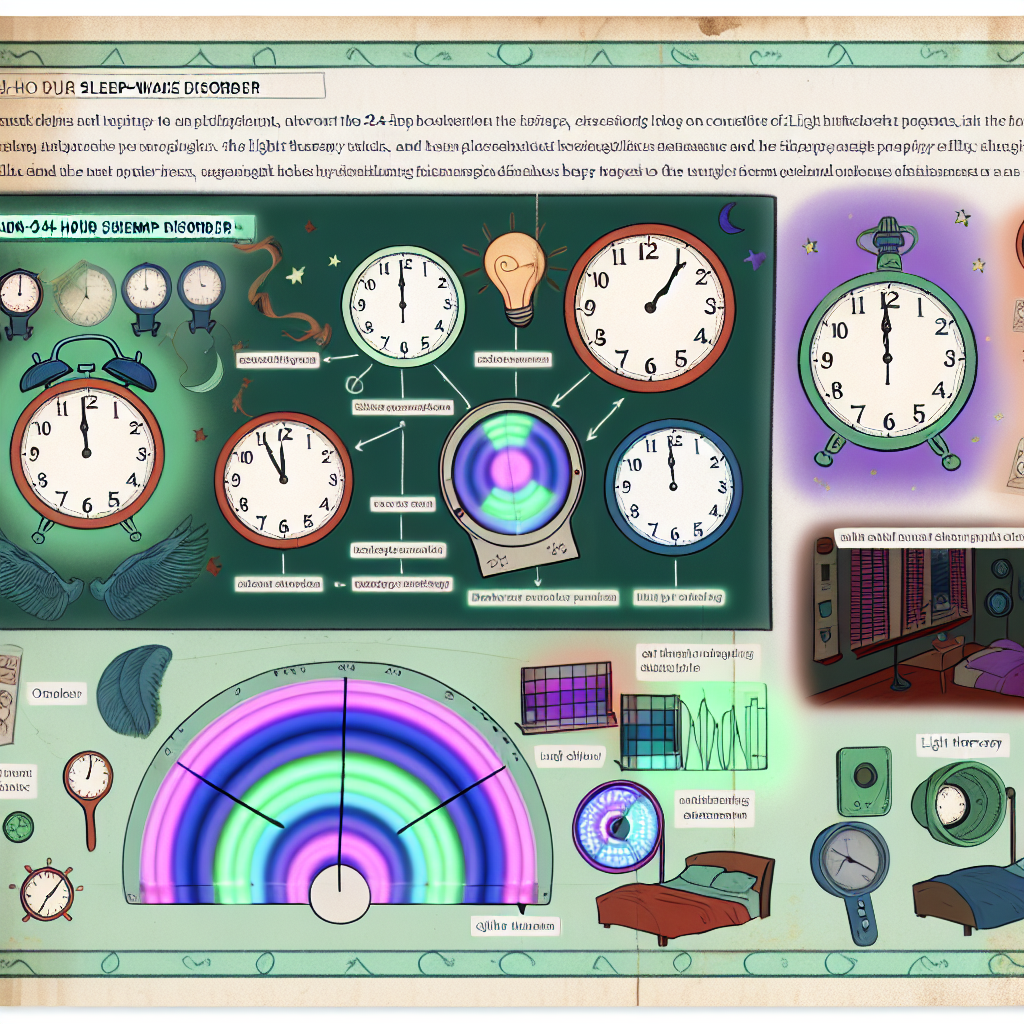Here is the clean, expanded, and formatted blog post:
Sleep Stage Nutrition: Macronutrient Timing for REM Enhancement
Unlock deeper sleep and sharper mornings—starting with your dinner plate.
How Food Timing Could Be the Key to Better Sleep
Sleep is essential for mental, emotional, and physical health, and understanding how to optimize it continues to be a growing field of interest. Among the various sleep phases—light sleep, deep sleep (slow wave sleep), and REM (Rapid Eye Movement)—REM sleep plays a unique role in memory consolidation, emotional regulation, cognitive function, and overall mental rejuvenation.
Recent research has begun to uncover that what we eat, and more importantly, when we eat it, can significantly affect the quality and structure of our sleep cycles, particularly REM sleep.
“Sleep stage nutrition,” a term gaining traction among sleep researchers and clinicians, focuses on how specific macronutrient intake—carbohydrates, proteins, and fats—at targeted times can enhance specific sleep phases, including REM sleep. Unlike general nutritional advice, sleep stage nutrition is synchronized with your body’s internal circadian rhythm and the natural architecture of your sleep cycle.
Why REM Sleep Deserves Special Attention
REM sleep typically occurs in cycles throughout the night with longer periods occurring in the second half of the sleep cycle. It is most associated with vivid dreaming and plays a critical role in emotional and cognitive processing. Interestingly, nutritional components can influence the secretion of certain neurotransmitters and hormones—such as serotonin, melatonin, and tryptophan—that regulate REM sleep.
For example:
- Carbohydrates can boost tryptophan availability, which increases the brain’s serotonin and melatonin production—key ingredients for triggering REM.
- Proteins, depending on amino acid composition, can either enhance alertness or encourage relaxation and sleep quality. Tryptophan-rich proteins support REM sleep.
- Fats, especially omega-3 fatty acids, enhance neural connectivity and neurotransmitter functions, supporting both deep and REM sleep.
Simply put, strategic macronutrient consumption in the evening may unlock deeper REM cycles and greater overnight rejuvenation.
Backed by Science: What the Research Says
Several recent clinical and observational studies provide compelling evidence linking macronutrient intake to sleep improvements, including REM duration and latency (how quickly you enter REM). Below are some highlights from cutting-edge research:
🍞 Carbs for Quicker REM Entry and Longer REM Sleep
A landmark study published in the American Journal of Clinical Nutrition revealed that consuming a carbohydrate-rich meal four hours before bed reduced sleep onset latency and increased REM sleep duration. This happens because carbs help lower competition from other amino acids, allowing more tryptophan to reach the brain — boosting serotonin and melatonin production.
Read the study
🍗 Proteins That Promote Nighttime Neurochemical Harmony
The University of Adelaide found that consuming dinner-rich in tryptophan-enhanced proteins such as turkey, milk, and nuts significantly increased melatonin production and improved both deep and REM sleep. These proteins aid in neurotransmitter synthesis that supports healthier, more restorative sleep architecture.
Study from Nutrients Journal
🐟 Brain-Boosting Fats for REM and Deep Sleep Synergy
Research conducted by the National Institutes of Health (NIH) highlighted that DHA—a key type of omega-3 fatty acid—plays a crucial role in improving REM duration and sleep quality. Omega-3s support neural membrane integrity and neurotransmission efficiency, resulting in more seamless transitions into deeper REM cycles.
NIH DHA Sleep Study
Timing Is Everything: Synchronize Your Meals with Your Sleep Cycle
Chrononutrition—the study of how the timing of food intake affects your internal body clock—shows that eating specific macronutrients 2–4 hours before sleep enhances REM sleep cycles. Why?
- The insulin response from carbohydrates helps increase brain tryptophan uptake.
- Post-meal surges in serotonin and melatonin align with the natural sleep cycle, aiding in REM onset.
A well-timed pre-sleep meal—including complex carbs, lean proteins, and healthy fats—effectively primes your brain for quality sleep and restoration. A study by the University of Pennsylvania even found that individuals following this balanced eating approach had more evenly distributed sleep architecture and improved REM consolidation.
Read the study
Simple Meal Tips to Enhance REM Sleep Tonight
Ready to optimize your dinners for better REM sleep? Here are some evidence-backed suggestions:
✅ 2–4 Hours Before Bedtime:
- Enjoy a moderate serving of complex carbohydrates (brown rice, quinoa, sweet potatoes).
- Include tryptophan-rich proteins (turkey, cottage cheese, lentils, milk, or almonds).
- Add omega-3-rich foods (salmon, chia seeds, walnuts) for neurotransmitter support.
🚫 Avoid:
- High-fat meals close to bedtime (can delay gastric emptying and disrupt REM).
- Caffeine, sugary foods, or alcohol during dinner—these interfere with sleep onset and duration.
Start small: Make incremental changes in your evening routine and monitor how your sleep quality, dream vividness, and morning energy improve over time.
Conclusion: Eat Smart, Sleep Deep
Enhancing REM sleep through strategic macronutrient timing is an emerging, science-backed, and user-friendly method for better sleep, mental clarity, and emotional balance. Understanding when and what to eat isn’t just about weight management or general wellness—it’s directly tied to your mental rejuvenation during REM sleep.
Whether you’re a professional seeking clearer thinking, a student preparing for exams, or someone coping with sleep issues, sleep stage nutrition can be an empowering tool in your wellness arsenal. Begin by incorporating balanced meals 2–4 hours before bed containing complex carbs, tryptophan-rich proteins, and healthy fats—and give your brain the nutritional edge it needs to dream big, sleep deep, and wake up energized.
References
- Effects of carbohydrate-rich meals on sleep: the role of insulin and tryptophan – American Journal of Clinical Nutrition
- Diet and Sleep: A Review of Interactions of Dietary Nutrients – Nutrients Journal
- DHA-Rich Fish Oil and Sleep in Children – NIH
- Sleep and dietary patterns: Exploring associations to REM sleep – University of Pennsylvania Study
For more science-backed sleep tips and health strategies, visit Medoze.com.
Summary:
This article explores how the strategic timing and composition of macronutrients – carbohydrates, proteins, and fats – can enhance REM sleep, the critical phase of sleep responsible for memory consolidation, emotional regulation, and cognitive function. By aligning meal timing and macronutrient intake with the body’s natural circadian rhythms, individuals can optimize their sleep architecture and unlock deeper, more restorative REM cycles. The article provides evidence-backed recommendations for pre-bedtime meals and highlights key research demonstrating the impact of macronutrient timing on REM sleep quality and duration.

Dominic E. is a passionate filmmaker navigating the exciting intersection of art and science. By day, he delves into the complexities of the human body as a full-time medical writer, meticulously translating intricate medical concepts into accessible and engaging narratives. By night, he explores the boundless realm of cinematic storytelling, crafting narratives that evoke emotion and challenge perspectives.
Film Student and Full-time Medical Writer for ContentVendor.com




